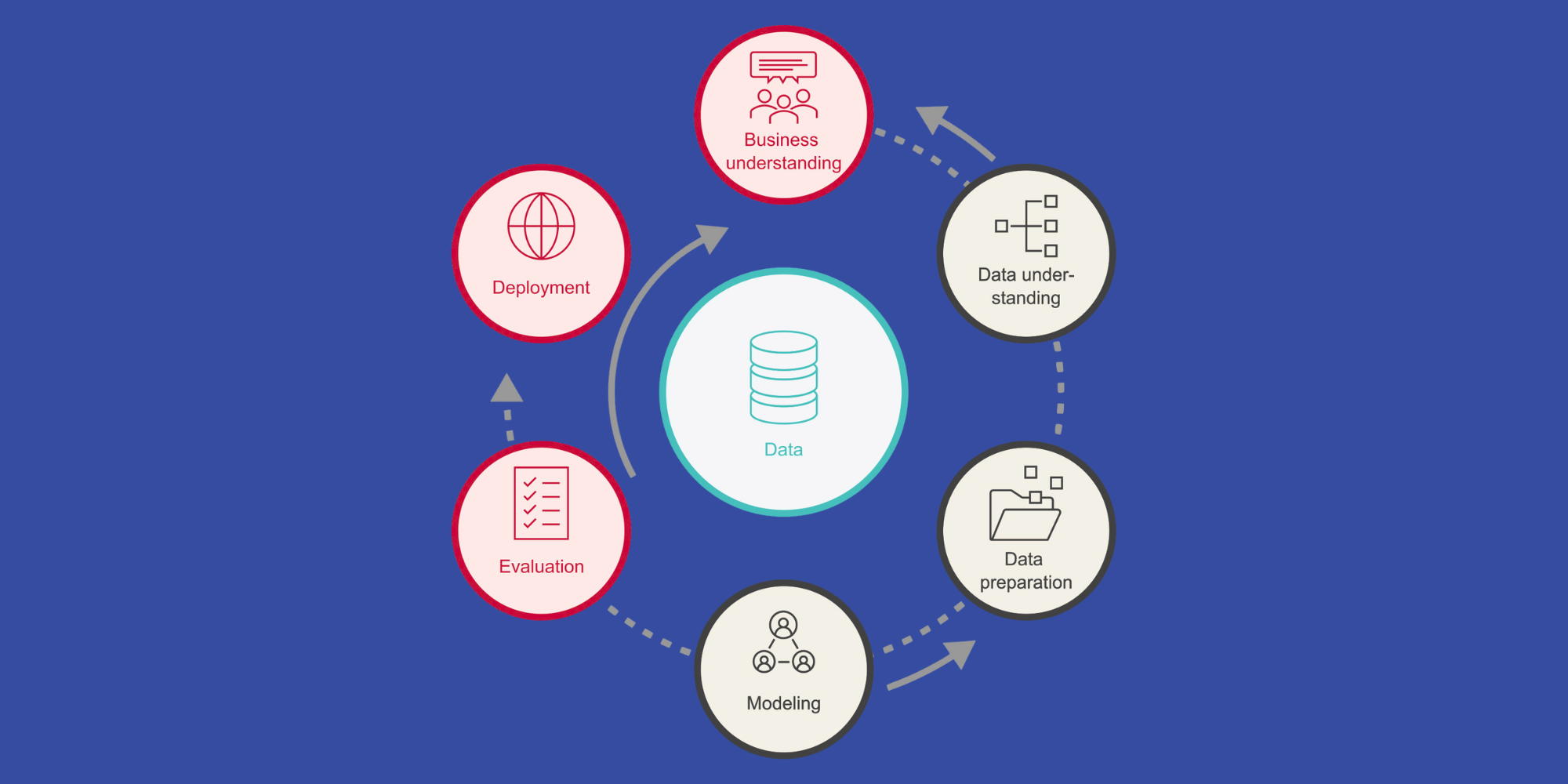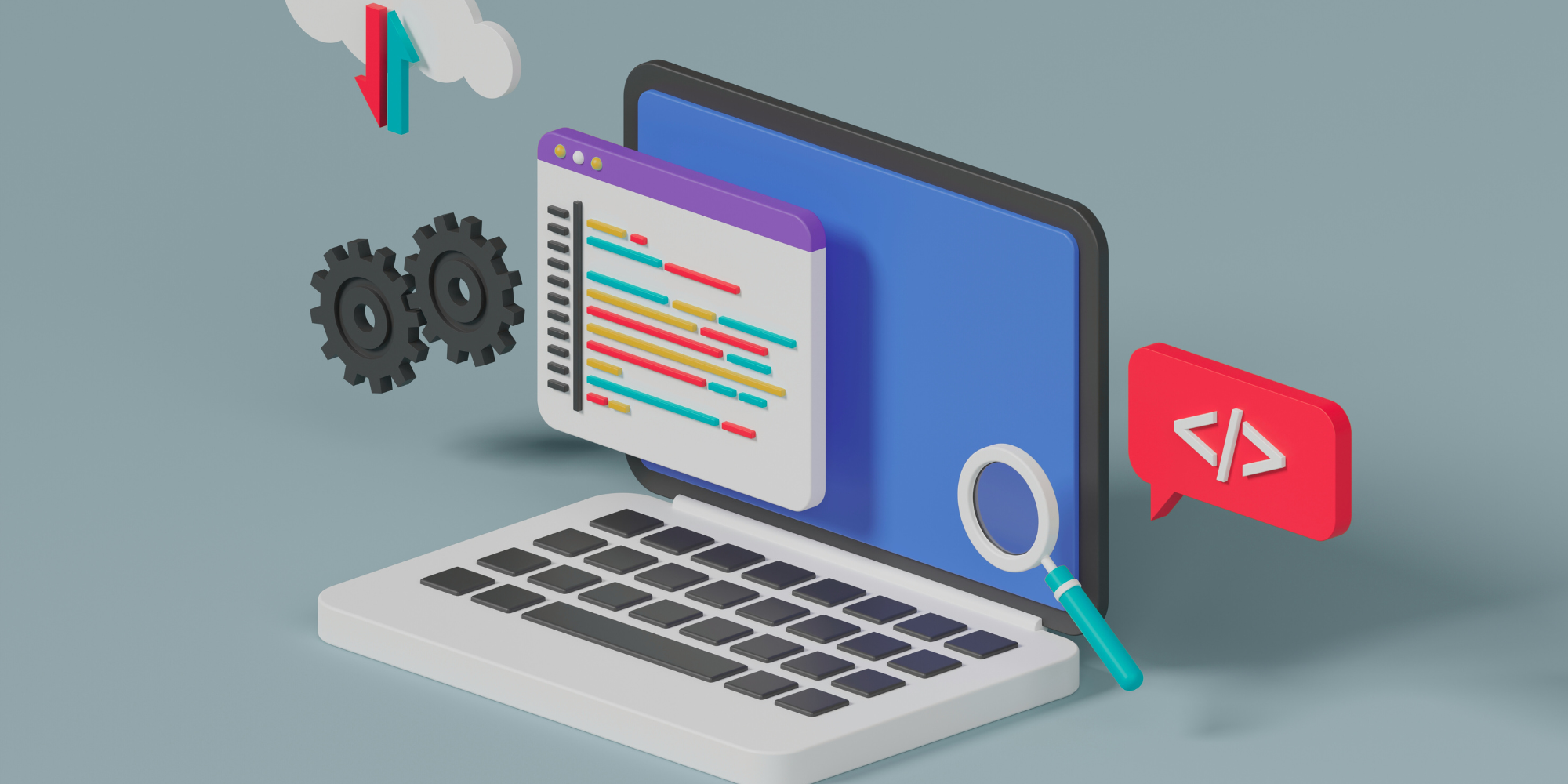As the demand for new software and mobile applications continues to surge (with the global application software market projected to grow by 24.3% CAGR from 2021 to 2028), the need for software engineers is more pronounced than ever. According to the Bureau of Labor Statistics (BLS), the demand for software engineers is expected to increase by 25% from 2021 to 2031.
Given the dynamic nature of the software landscape, how does this impact your career? The encouraging news is that there is a clear trajectory in the field of software engineering.
If you're set on pursuing a career in software engineering, here's your roadmap to navigating the software engineering landscape.
Junior Software Engineers
Entry-level software engineers, also known as junior engineers, are tasked with a range of responsibilities under the guidance of mid- and senior-level engineers. These duties typically include:
- Writing and maintaining code
- Debugging software
- Assisting in software application design
Given the breadth of the software engineering field, this period presents an opportunity to:
- Explore various paths
- Consider potential areas of specialization for future career growth
Job Titles
Job titles for junior developers may vary based on their focus, such as:
- Junior back end software engineer: Focused on server-side development, assisting in writing underlying code using languages like Java, Python, or Ruby.
- Junior front end software engineer: Concentrated on user-facing aspects, utilizing languages such as JavaScript, HTML, and CSS.
- Junior cloud software engineer: Centered on optimizing cloud-based applications, requiring familiarity with languages like Java or C++.
Salary Range
The salary range for junior software engineers varies between $50,698 and $124,433, with an average of $79,426*, depending on location and experience.
Skills Required
In terms of skills, both hard and soft skills are crucial for success:
Hard skills include proficiency in programming languages like JavaScript, HTML, CSS, C++, Python, and Ruby, which are often assessed in technical interviews.
Soft skills, such as communication and a willingness to learn, are equally vital. Effective communication facilitates collaboration, while a proactive approach to learning ensures continuous growth and development, laying the groundwork for a prosperous career.
Mid-Level Software Engineers
After about 3-4 years in a junior-level software engineer role, individuals often transition to mid-level positions within the field.
At this stage, you should have a solid grasp of your organization's software development lifecycle and feel comfortable taking initiative and responsibility for your work. Additionally, you should possess a broader understanding of technical strategies.
Job Titles
Mid-level software engineers may choose to specialize in specific areas, leading to job titles such as:
- Systems engineer: Collaborating with IT firms and companies, systems engineers oversee software installations and maintenance, ensuring system integrity and security.
- Full-stack developer: Handling both front-end and back-end development, full-stack developers create visual designs for various platforms and manage server operations.
Salary Range
The salary range for mid-level software engineers typically falls between $75,000 and $145,000, with an average of $110,000.
Skills Required
In terms of skills, both hard and soft skills are essential:
Hard skills include proficiency in computer science, design, and programming, along with expertise in languages like Python and JavaScript. Knowledge of Agile methodology and DevOps development is also valuable.
Soft skills such as problem-solving and collaboration are equally crucial. Mid-level engineers must efficiently address errors and adapt to industry standards, often working closely with team members like UX designers and project managers to ensure project success.
Senior Software Engineers
As a senior-level engineer, you've reached the upper echelons of software engineering roles, often commanding some of the highest salaries in the field. In this position, you'll collaborate closely with internal leads, managers, and possibly Chief Technology Officers (CTOs) to conceptualize and design new software systems for your organization or clients. Depending on the specific role or team dynamics, your focus may shift towards mentoring, designing, and leading rather than hands-on programming.
Job Titles
Job titles for senior-level engineers include:
- Senior Software Engineer: In this role, you'll shoulder the responsibility of setting and meeting regular goals, often breaking down complex tasks into manageable steps for the team. Senior software engineers are self-directed, providing project updates to executives and CTOs.
- Principal Staff Engineer: Principal staff engineers typically collaborate with CTOs to craft long-term engineering strategies and implementation plans. They oversee the team's progress and budget adherence, ensuring objectives are met efficiently.
Other titles may include Engineering Manager or Director of Engineering.
Salary Range
In the United States, senior software engineers command an average salary range between $90,730 and $222,239, with an average of $141,999 according to Indeed.
Skills Required
To excel in senior-level positions, a combination of hard and soft skills is crucial:
Hard skills include a wealth of experience, typically spanning over 8 years in the field, along with proficiency in all relevant programming languages and cloud applications, tailored to the specific role or company requirements.
Soft skills like adaptability and time management are equally vital. Senior engineers must navigate unforeseen challenges with ease, continuously seeking growth opportunities amidst changes. Effective time management is essential for overseeing project progress and optimizing team workflows to meet milestones efficiently.
Executive/CTO
With 10 to 15 years of experience in engineering and IT, you might consider transitioning to an executive-level role within a company.
At this level, executives play a pivotal role in making strategic decisions that shape the technological landscape of the organization. They must possess strong leadership skills to steer all technological initiatives effectively and collaborate with key stakeholders across the business to chart a comprehensive roadmap.
Job Titles
Executive-level job titles include:
- Vice President of Engineering: In this role, Vice Presidents of Engineering oversee the engineering team's activities, ensuring they have the necessary resources to achieve desired outcomes. Their responsibilities include recruitment, product development, quality assurance, budget management, and strategic planning.
- Chief Technology Officer (CTO): The CTO is responsible for overseeing the organization's technological endeavors, aligning them with broader departmental and organizational goals. They interact with other executives, manage the engineering department's budget, and drive innovation.
Salary Range
According to Indeed, the salary for a CTO ranges from $112,078 to $305,608, with an average of $185,073.
Skills Required
To excel in executive-level positions, a blend of hard and soft skills is essential:
Hard skills encompass a comprehensive understanding of programming languages, proficiency in high-end technologies, and knowledge of product development in areas such as AI, IoT, and security.
Soft skills like decision-making and leadership are equally crucial. Executives must make strategic decisions that align with company objectives while adeptly navigating challenges. Effective leadership involves motivating teams, employing various leadership styles as needed, and inspiring impactful change.
Learn and Grow with SMU, Powered By Flatiron School
Climbing the career ladder requires having the right resources and tools by your side. We encourage you to learn about and develop your skills in our Software Engineering program.
*Salary ranges and averages cited current as of September 2023







.png)